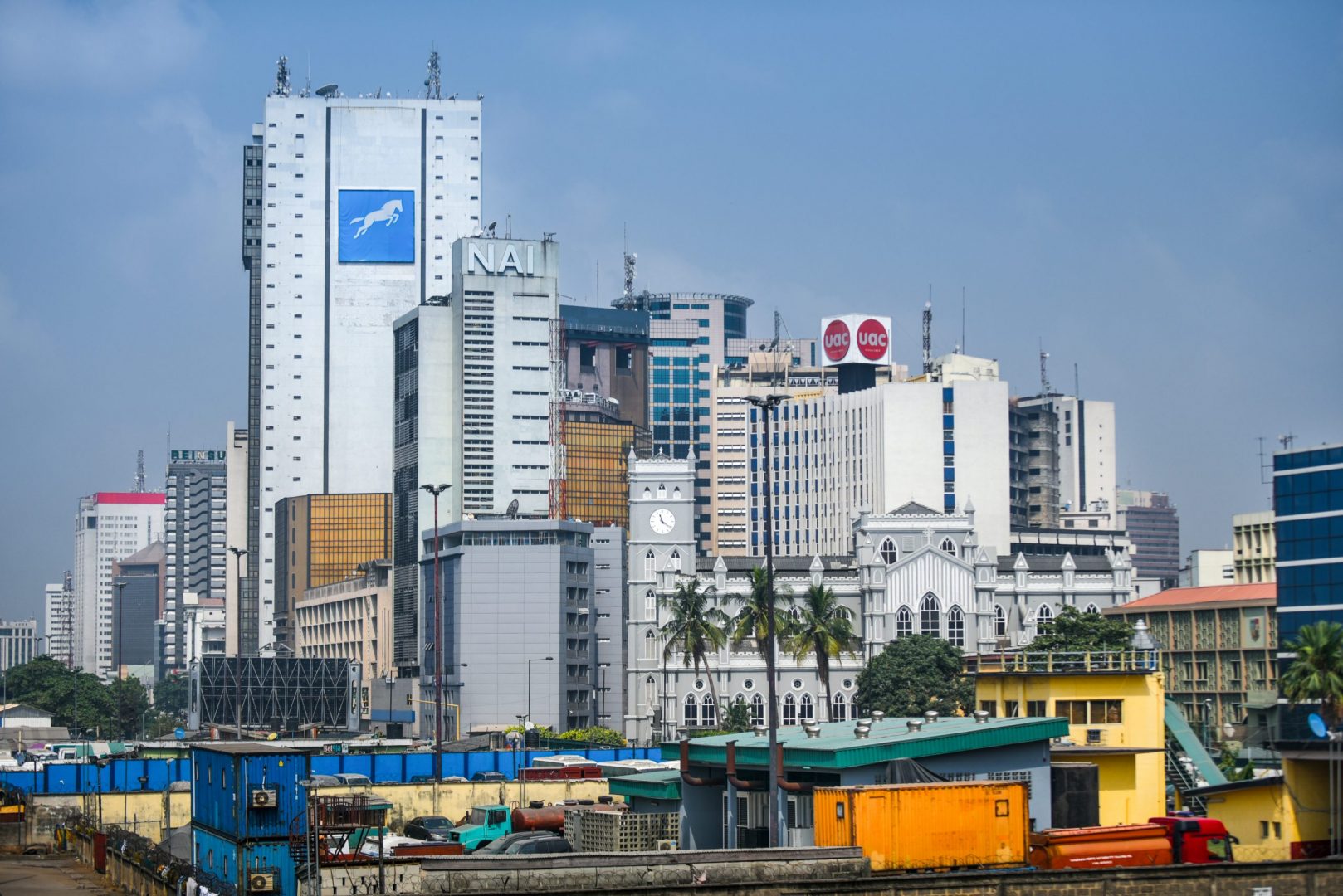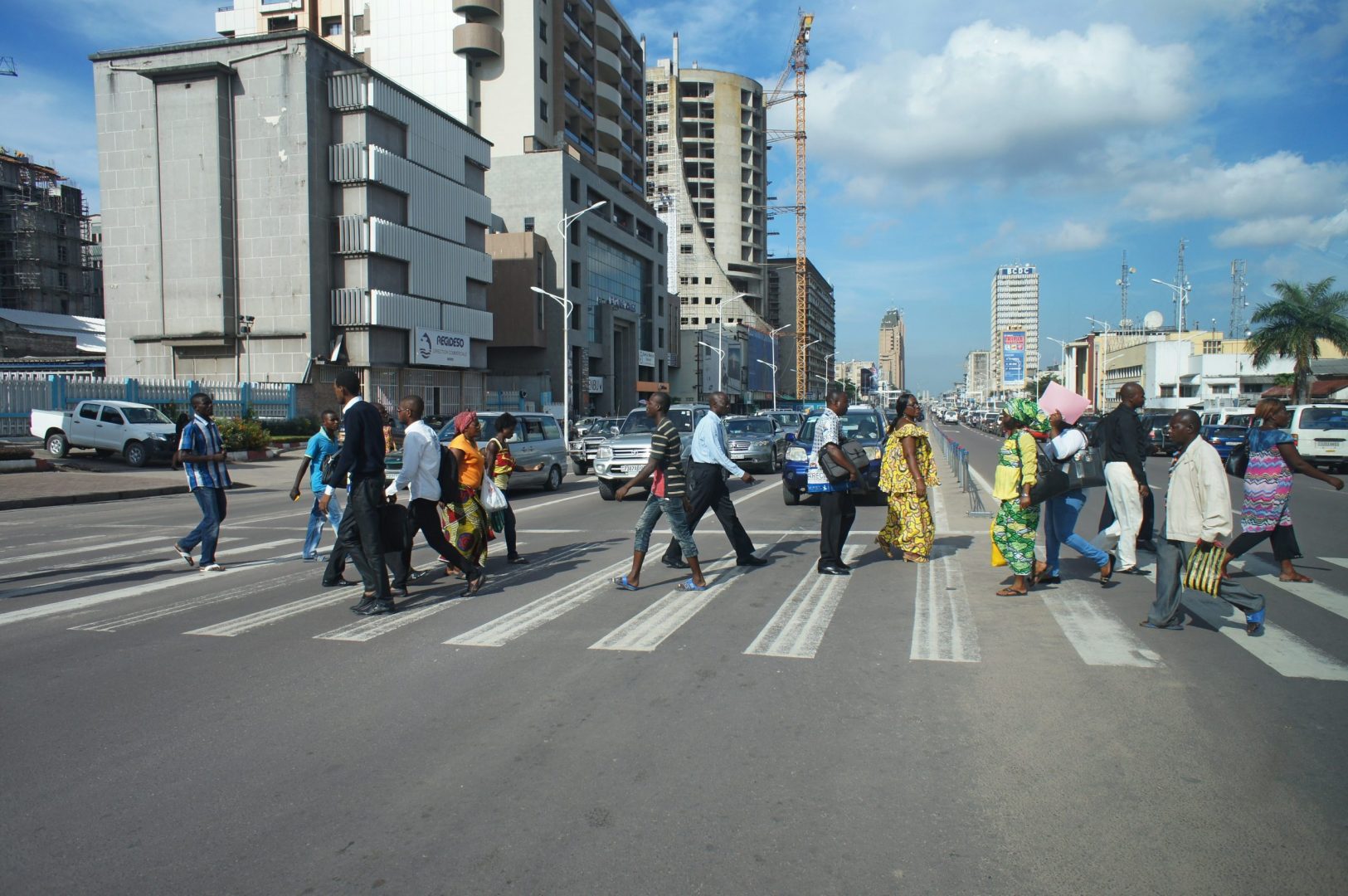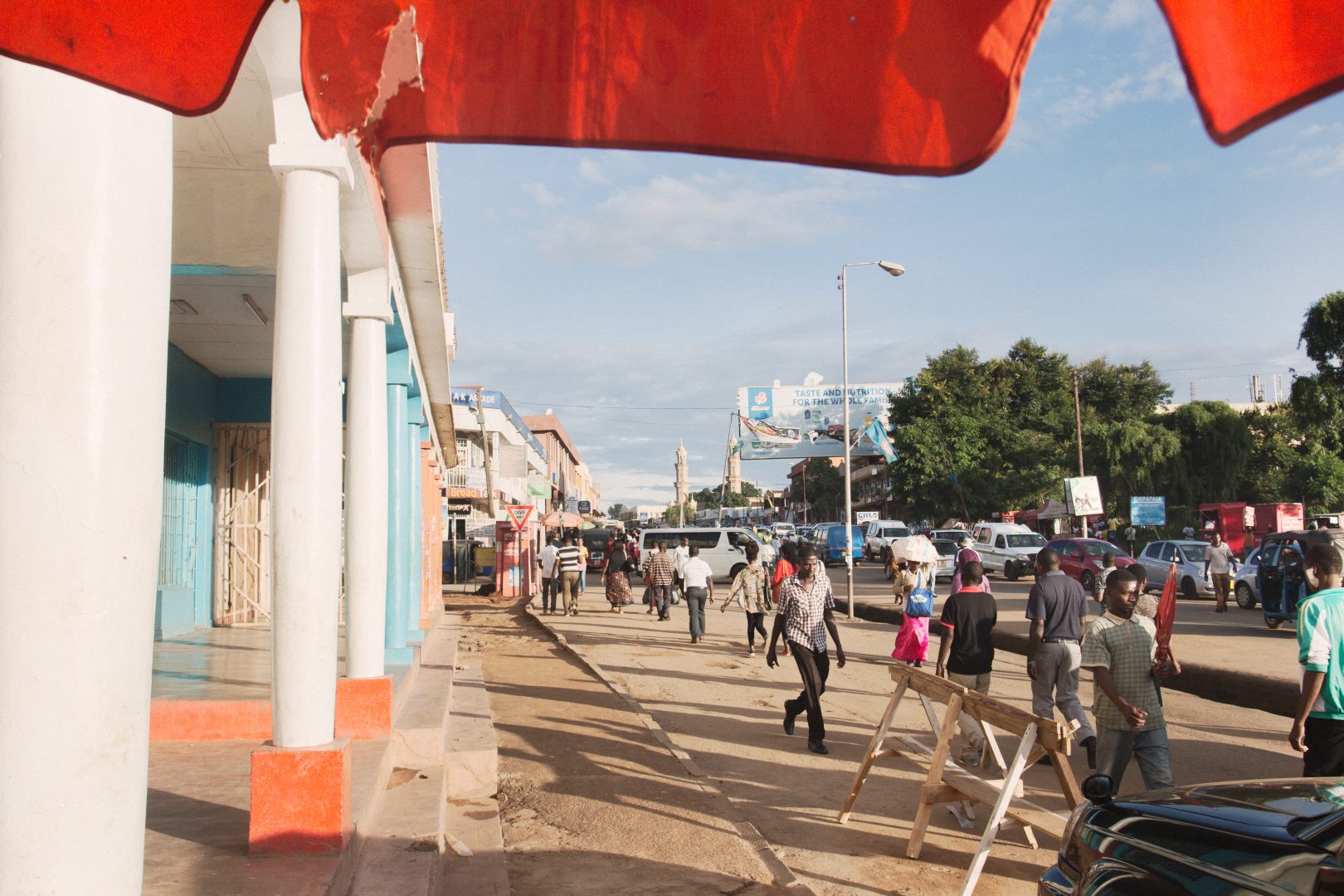At one point during the global COVID-19 pandemic, 1.6 billion young people in 161 countries were out of school – close to 80 per cent of the world’s enrolled students. This has spurred a significant surge in using technology to deliver education– with mixed results for students. Many establishments were ill-prepared for the changes needed to make learning online a good experience for students. The question now is whether the COVID-19 crisis will result in a more permanent shift to online education delivery, and can this be sustained in Africa?
Africa has the world’s fastest-growing youth population. Yet, there is a stark undersupply of quality, affordable higher education across the continent. Current tertiary enrolment rates across Africa stand at roughly 8 per cent – well below the global average of 32 per cent.
Four years ago, CDC invested in UNICAF, Africa’s largest online university. This was underpinned by the belief that online education has the potential to increase access to higher education by making it cheaper, more flexible and more relevant and therefore opening up opportunities for higher education for a wider set of students.
As of May 2020, UNICAF has offered Bachelor, Master’s and PhD degrees to almost 30,000 students across every country in Africa through either a fully online or a blended learning format from its campuses in Malawi and Zambia. Students can get affordable degrees accredited from globally recognised British, American, European, and African universities.
Last year, we set out to evidence the impact that UNICAF has on its student base. Results of surveys with over 1,000 students are outlined in our Insight study ‘What’s the impact of online higher education in Africa?’
We found that overall, UNICAF fulfils its promise to provide a more affordable and flexible higher education. Its degree programmes are explicitly designed to allow people to keep working while studying. A large part of UNICAF’s student base is therefore made up of older students (aged between 25 and 39) returning to education. Of the students surveyed, 86 per cent worked while studying. UNICAF students pay $4,000 on average for a postgraduate degree, in small monthly payments. This is significantly cheaper than any standard postgraduate degree available in most countries, particularly Nigeria and Kenya. Student satisfaction is high.
Critical to improving access to online higher education in Africa is the need to improve connectivity across the continent. A stable internet connection remains difficult to access for the majority of Africans, especially those living outside the hubs of Nairobi, Lagos or Johannesburg. Additionally, many Africans leave secondary education without the necessary digital skills to take advantage of online programmes. Connectivity is low in most countries and data prices across Africa are amongst the highest in the world. Across Africa only 18 per cent of households had access to the internet in 2019. The majority of Africans use the internet on their mobile, and whilst cost is still prohibitively high for many, phones and data bundles are getting cheaper year on year.
Overall, trends are pointing in the right direction and we predict that online and blended higher education will grow significantly over the next decade. To accelerate this even further, we propose the following solutions:
- Joint efforts between Governments and connectivity providers are needed to address a lack of connectivity. CDC investee company, Liquid Telecom, for example, is working with local Governments and has already connected over 6,000 schools and higher education institutions to broadband and is working to improve digital skills of ICT teachers in secondary schools.
- EdTech companies in Africa should embrace cutting-edge thinking to deliver learning more efficiently and effectively. Many developments in technology and changes in the global approach to teaching are not yet used at scale in Africa. This includes: collaborative and project-based learning, mobile-friendly learning platforms, adaptive and personalised learning, improved automated assessment methodologies and technologies.
- Online education companies should continue to engage with the continent’s forward-thinking employers and integrate 21st century skills into their offering. If the learning experience as well as the learning goals are transparent and attractive to employers, it’s easier for them to support their workforce to engage in continued learning (full-time or part-time). Companies such as Liquid Telecom (together with Microsoft), ALX and Andela have significantly pushed the agenda around learning job-relevant tech skills.
- Partnerships between public universities and EdTech companies can help to accelerate adoption of online teaching. There is a need for African universities (public and private) to develop online offerings. UNICAF’s recent partnerships in Zimbabwe and Rwanda underline its commitment to helping take public institutions online.
- Innovative financing solutions to bridge the affordability gap must increase. Student loans, and, in particular income share agreements, will be an important part of education take-up in Africa, whether for new or existing universities.[1] Innovative financing will further require collaboration between public regulators and private companies.
Ultimately, what matters most is the impact that further education has on a student’s life and career. In general, this is hard to measure. Establishing a robust methodology for measuring impact on a student’s career, and following through on data capture, is therefore critical. Last year, CDC published an Education Impact Framework, to stimulate debate in this area.
Even before COVID-19, there was already high growth and adoption in education technology, with global ed-tech investments reaching US$18.66 billion in 2019 and the overall market for online education projected to reach $350 billion by 2025. We see significant opportunity to boost online education in Africa and help increase access to higher education.
[1] Income share agreements (or ISAs) are financial structures in which the organisation provides the degree (often for free) and allows the student to pay back by deducting a percentage of their future income for a fixed number of years.








